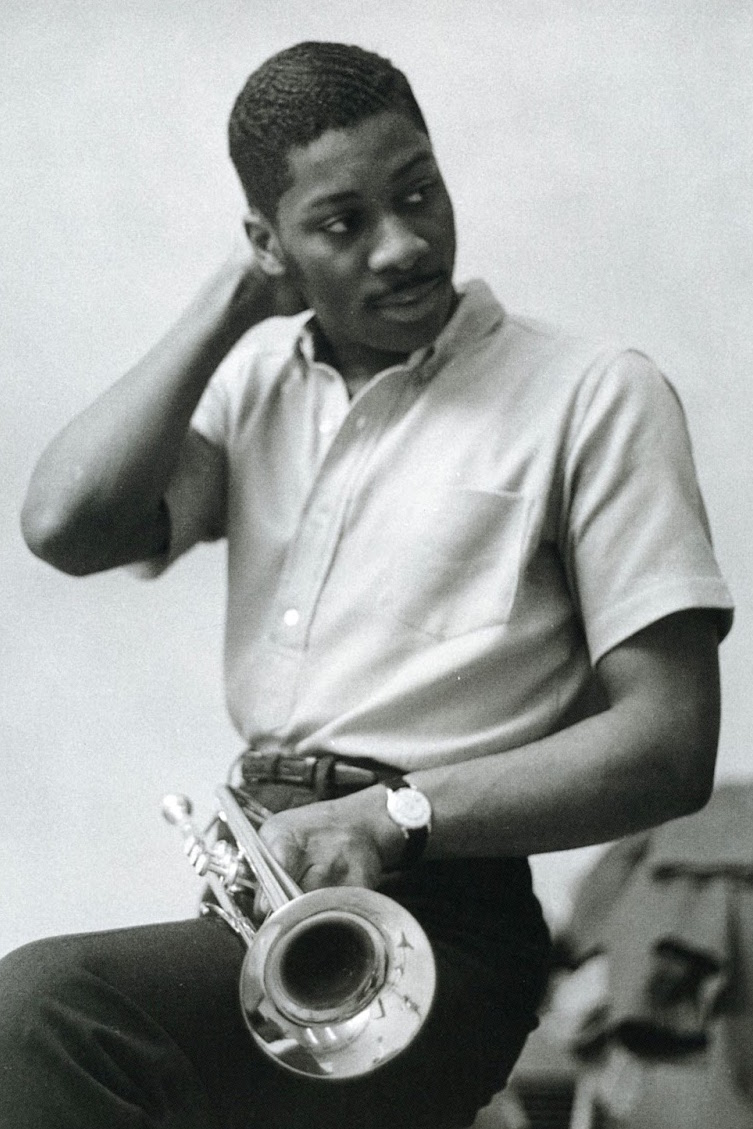Little had a memorable melancholy sound, featuring crisp articulation, and his interval jumps looked toward the avant-garde, but he also swung like a hard bopper. He was capable of stringing together beautifully shaped, swinging lines – but he was less confined to conventional bop phrasing and accentual patterns than his peers, and he often broke free from diatonicism and the blues.
Little focused his attention on intervallic relationships, overt harmonic extension and dissonance. His playing was angular and at times rigid, and he used wide intervallic leaps, with unexpected long notes in the middle of phrases, and a pulling-against-the-pulse technique, to create dramatic effects. Endowed with a magician’s ear, Booker Little’s innate lyricism and unwavering consistency of tone made ambitious and difficult improvisations sound easy.
Little’s association with the forward-thinking Dolphy audibly pushed him to new exploratory heights, and solidified his own distinct musical concept. He sounded like no other: his dramatic use of dissonance, distinctive and atypical phrasing, and unique motivic development set him apart from other leading trumpeters of the era, such as Lee Morgan and Fredide Hubbard. Even as his improvisations became more and more challenging, his impeccable technique and meticulous control grew even stronger.
With his colossal talent just coming to fruition and a bright future lying ahead, Little succumbed to uremia on 5 October 1961 at the age of twenty three. Little’s talent was such that, in a career that spanned just over three years, he recorded four albums of his own and participated in numerous other recordings with such jazz luminaries as Max Roach, John Coltrane, and Eric Dolphy. Fortunately, he left us with more to think about than many musicians do in a lifetime.

